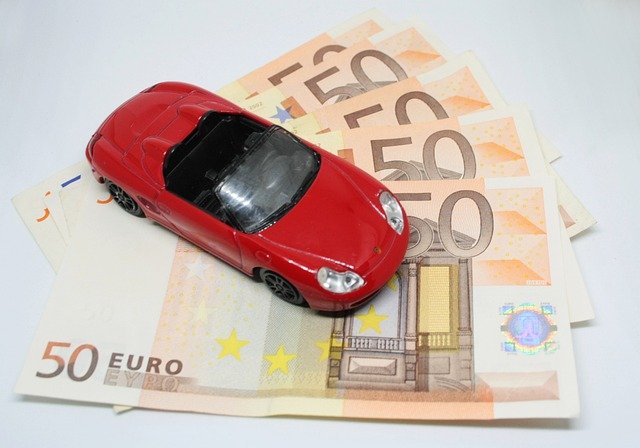Police Compound Cars: What They Are and How Auctions Work in 2025
Police compound cars often attract attention from buyers looking for affordable vehicles through auctions. These cars may come from impounds, unclaimed vehicles, or seized assets that end up in police storage. This guide explains what police compound cars are, how the auction process works, and the potential benefits and risks of buying them in 2025.

What Are Police Compound Cars?
Police compound cars encompass vehicles that have been confiscated due to legal violations, abandoned vehicles, or those seized during criminal investigations. These vehicles are stored in secure facilities until their legal status is resolved. Common reasons for impoundment include unpaid parking tickets, driving without valid documentation, or involvement in criminal activities. Once legal proceedings conclude, these vehicles may be released for public auction.
How Do Police Car Auctions Function?
Police car auctions operate through structured bidding processes, either in-person or through online platforms. Participating requires registration and often a refundable deposit. Auctions typically follow these steps:
-
Pre-auction inspection period
-
Registration and deposit submission
-
Live bidding session
-
Payment and documentation
-
Vehicle transfer
Most jurisdictions require winning bidders to complete payment within 24-48 hours and remove vehicles within a specified timeframe.
Benefits of Purchasing Impounded Vehicles
Acquiring vehicles through police auctions can offer several advantages:
-
Potential cost savings compared to traditional market prices
-
Wide variety of available vehicles
-
Transparent auction process
-
Official documentation and legal transfer
-
Opportunity to inspect vehicles before bidding
Understanding Auction Costs and Requirements
Police auction participation involves various expenses and requirements that potential buyers should consider:
| Cost Category | Typical Range | Additional Requirements |
|---|---|---|
| Registration Fee | $50-200 | Valid ID, Proof of Address |
| Deposit | $500-2000 | Refundable if No Purchase |
| Buyer’s Premium | 5-10% of Sale Price | Non-refundable |
| Transfer Fees | $100-300 | Varies by Location |
Prices, rates, or cost estimates mentioned in this article are based on the latest available information but may change over time. Independent research is advised before making financial decisions.
Important Considerations Before Bidding
Successful participation in police car auctions requires careful preparation and understanding of key factors:
-
Research vehicle history when available
-
Set a maximum budget including all fees
-
Understand local auction rules and regulations
-
Arrange transportation for purchased vehicles
-
Review payment requirements and deadlines
-
Consider mechanical inspection costs
Legal Requirements and Documentation
Buyers must meet specific legal requirements to participate in police car auctions:
-
Valid government-issued identification
-
Proof of residence
-
Ability to pay in approved payment methods
-
Registration as a qualified bidder
-
Compliance with local auction regulations
Successful navigation of police car auctions requires thorough understanding of the process, careful preparation, and awareness of all associated costs and requirements. While these auctions can provide opportunities for vehicle acquisition, buyers should approach them with realistic expectations and proper due diligence.




